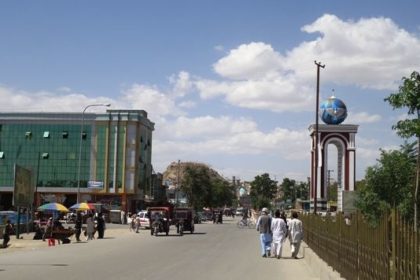RASC News Agency: The latest report from the United Nations Security Council reveals that the Taliban group’s ties with al-Qaeda persist, and alarming information has emerged regarding the establishment of eight new training camps by the al-Qaeda network in Afghanistan. The report, published on Monday, January 29th, highlights the presence of four training camps in Ghazni, Laghman, Parwan, and Uruzgan provinces. Additionally, a weapons depot has been identified in Panjshir province, further emphasizing the concerning developments.
According to the report, the United Nations Security Council emphasizes the close relationship between the Taliban and al-Qaeda, with the latter managing to sustain its presence in Afghanistan under the Taliban’s rule. The report also reveals the presence of senior al-Qaeda officials in Afghanistan, posing a significant threat not only to the country but also to the international community. The Taliban group, however, appears to be attempting to downplay its association with al-Qaeda.
While the report acknowledges that some operational commanders within the Taliban share similar ideologies and working methods with al-Qaeda, it clarifies that the Taliban does not share the global ambitions of the extremist group. The Security Council further highlights that the Taliban’s efforts to restrict certain activities of al-Qaeda have led to tensions between the two groups.
Despite these developments, the report also sheds light on the continued presence and activities of other terrorist organizations, such as the “Islamic Movement of Uzbekistan,” “Islamic Jihad Union,” and “Khatiba Imam Bukhari,” as well as the funding received by the “Jamaat Ansarullah” group from both the Taliban and al-Qaeda.
Despite concerns expressed by neighboring countries and the region regarding the presence and activities of terrorist groups, particularly ISIS and al-Qaeda, in Afghanistan under the Taliban’s rule, the Taliban group has consistently dismissed these concerns as unfounded. This stands in contrast to reports detailing the existence and activities of these groups in various provinces of the country. The situation remains a cause for serious concern and requires continued attention and action from the international community.






